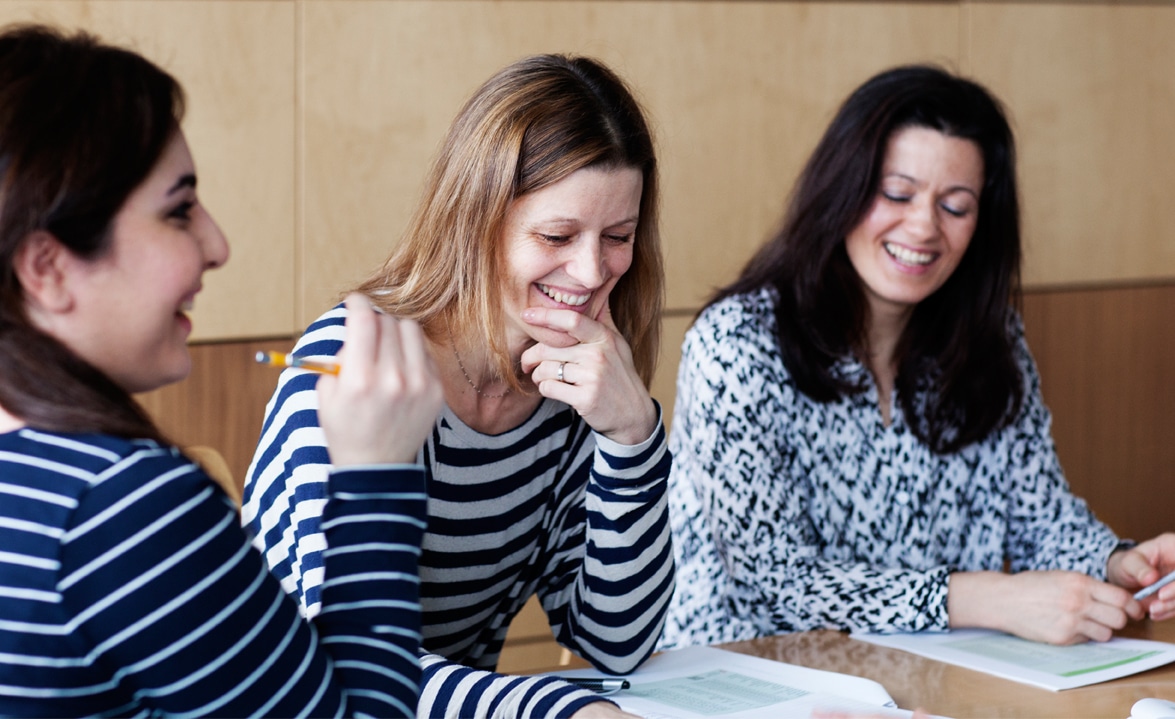Menu

A class passed their PD3 in June with great results, and now they wish to share their experiences of how to best learn Danish. They have learned Danish online while the COVID-19 was raging on and have passed almost all modules together along the way. After 1,5 year they have all become more knowledgeable about how they best learn Danish, and what extracurriculars they could use to train their Danish.
“Even though it might be hard to learn Danish, you must try. You will be surprised how much you can learn in a short time,” says Hannah J. She has managed to learn Danish in only one and a half year.
Hannah P. points out that it is important to practice when you are outside the classroom.
“It is important, that you are good at pronunciation when you are learning Danish, however, Danish pronunciation is also very difficult. My advice for future students is that you have to speak Danish in your everyday life and get some help to the pronunciation from the Danes,” she explains. Nadia agrees:
“Get some good friends to practice Danish with you,” she says, and adds, that it is good to learn Danish in a nice setting.
For Andreas it hasn’t been easy to speak Danish in his everyday life, however, he has found other ways to work on his Danish:
“If you don’t have the opportunity to speak Danish in your everyday life, I haven’t, then you can listen to Danish through, for instance, podcast, audio books and so on – it all helps,” explains Andreas. Sandra, likewise, uses this strategy in her journey towards mastering Danish.
“Watch Danish television, listen to Danish broadcasting. Try to talk with the Danes, they will help you a lot,” she explains.
Busy everyday life is no obstacle
Daria has a busy everyday life, and she has both advice and encouragement for others, who also are busy with family and work, and who thinks, it is not possible to learn Danish in such a busy everyday life.
“Practice 30 minutes every day. It will prepare you for the tuition. 30 minutes isn’t that long, but it will help you,” tells Daria. She is not the only one who has a busy everyday life. Nicola has also been challenged, when it comes to time, while he was having Danish lessons. However, he did find another strategy to make it through:
“Use the sentences that work. There might be different causes to your development.”
For Kristina it is also about daring and moving into unknown territory:
“You shouldn’t be afraid to make mistakes. It has kept me back a bit, but after I start talking more, it becomes easier, and makes me more confident,” she explains and adds: “Believe in yourself!”
All in all, the students advise that you try to get Danish into your everyday life – whether it is by talking with Danish friends, listening to the radio or a podcast or watching Danish TV. It all helps.